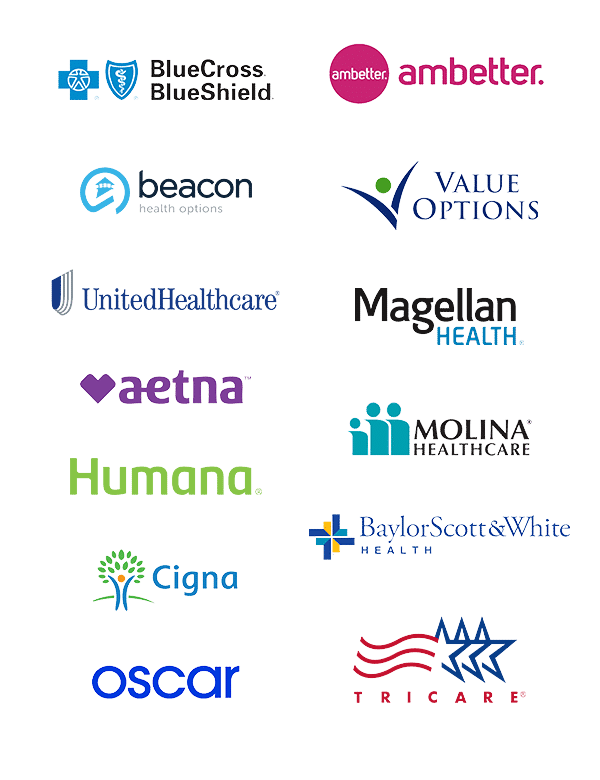
DRUG REHAB PROGRAMS
We’re here to help through every phase of treatment—and beyond.
A full range of treatment programs
At Into Action, we understand that every client has a unique experience with substance abuse and addiction, allowing us to personalize our treatment to meet their needs. We offer a wide range of personalized addiction treatment led by expert staff.
Why IARC?
Clients benefit from our proactive, people-first approach that ensures they experience personalized, attentive therapy and treatment throughout their recovery journey. We stand by our clients even after they graduate with ongoing alumni events and support.
State-Of-The-Art Facility
Clients enjoy recreation and fitness activities, therapy, and leisure time on-site at our state-of-the-art residential facility.
Low Staff-To-Patient Ratio
We purposefully keep our client census low so that we can provide individualized care to each client based on their needs.
In Network Provider
Unlike many treatment centers, we are an in-network provider with many insurance providers, enabling us to help more clients recover.
3 Year CARF Accreditation
We are proud to hold the esteemed three-year CARF accreditation, a mark of high quality care among treatment providers.
Warm, Caring Environment
Many of our staff members are themselves in recovery, helping us create a compassionate and warm treatment environment for all.
Chef On Staff
Our clients enjoy handmade meals from our on-site chef, who emphasizes nutrition and balanced diets as a part of recovery.
Health & Fitness
Clients enjoy fitness and recreation on-site as well as outings to a fully-stocked gym five days per week for a healthy outlet.
Extended Aftercare
All clients benefit from our extended aftercare program, helping them reintegrate into their daily lives in a healthy and sustainable way.
Subscribe to our Newsletter
Get Help Today
"*" indicates required fields
We are in-network with most insurance companies.
Please call us to see if your HMO, PPO, or EPO insurance plan will cover your treatment. Or ask us about our affordable self-pay plans.






